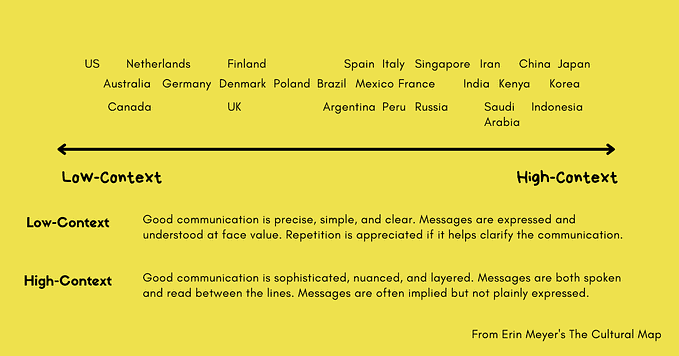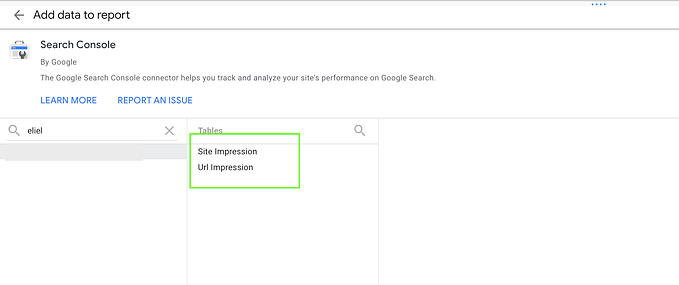The Four People You Meet In The World Of Asking Feedback
Our cries of danger and pain are usually complaints and accusations. Both are our initial reaction to protect us in the face of threats. But now with the advent of advance communications, they turned into devices that molds reality, rather than response to reality.
We were trained that when something is unusual, let other people know — drive out the intruder, punish the sinner. But this response has two faces: the blaming and the telling about it.
In business, when mistakes are made, the impulse is to find out who is to blame and to penalize that person. This kind of behavior gets in the way of progress because the way organization learn is usually by doing trial and error. Yet in many situations we act as if what we expect is trial and success. Fault-finding is a destructive concept on both corporate and individual levels.
In many cases, focusing too strongly on the fault of an idea or project suffocates the open and positive approach that is essential for good working practices. Because, every person, system, product, or idea has flaws. In the best-case scenario, an awareness of this fact can lead to a determined pursuit of progress. The basic principle is to take an idea that is not yet fully developed and to continue developing it by seeking feedback, instead of prematurely abandoning it.
Any fool can criticize. And most fools do — Benjamin Franklin
There are different types of people you encounter when you solicit feedback. Depending on how they react to your inquiry, they fall into one of the following classification.

- The Fault-finder: “I know what you’re saying, but….”
- The Dictator: “NO”
- The Professor: “No, the idea isn’t good because…”
- The Supporter: “Yes and we could also…”
When you start asking people what they think, it is your responsibility to listen and contemplate on the questions “What does the response mean? Is this a material to them? what impact can it give to them?”. Our starting point can be “Is our ideas are worthy of interest”, this will help us to choose the right person to ask.
Should you listen only to people who supports your ideas? NO. Each type has their own role. It’s as if you are the choir master conducting the blending of soprano, alto, bass and tenor. The orchestra you are playing is your idea.
Note that their answers are not the direct basis of your decisions. You don’t want to lose control of your idea. It’s as if you have given the car keys to other person and permitted them to decide which direction to go and our eventual destination.

The real reason why we ask feedback is to maximize the potential of our idea. The art of asking feedback guides us towards the answers, but it is not the answer.








